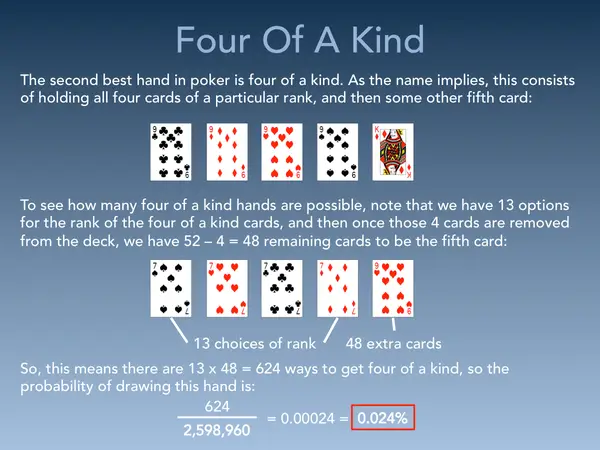Positioning is a crucial concept in poker that significantly impacts the game’s dynamics. Understanding the influence of placement on the result of Poker Sequence is critical for making educated decisions and getting an advantage over your opponents, whether you’re a seasoned player or a newbie. Position is a very abstract concept because it relates to a player’s location at any given moment and his proximity to other players.
The size or shape of the game and the seating arrangement are the primary indicators that show whether a player has a better position or worse than others. However, more determining factors will help you assess your situation with other players at various stages of a hand. In this post, we’ll look at the importance of placement and how it can be a game-changer in poker.
Understanding Positioning:
In poker, positioning refers to a player’s seat at the table about the dealer button. After each hand, the dealer button turns clockwise, guaranteeing that each player is in a distinct position throughout the game. The roles are roughly classified as early, medium, and late, each bearing unique benefits and problems.
Early Position (EP): Early position players are situated to the left of the dealer button and are the first to engage in betting rounds. They do not have the luxury of analyzing their opponents’ choices before making their own, making an early position a problematic starting place for a hand.
Middle Position (MP): Players in the medium position, located between the early and late works, have a bit more knowledge but are nevertheless required to make judgments before those in the late post. It necessitates a precise mix of assertiveness and restraint.
Late Position (LP): Late position players, like the dealer, have a strategic advantage because they are the last to act in each betting round. Players in late positions can change their approach more efficiently since they know most about their opponents’ movements.
Impact on Betting Strategies:
Positioning is an essential component that influences players’ strategies throughout a hand. Decisions in the early, middle, and late positions determine the game’s dynamics and influence the eventual outcome.
Early Position Difficulties: participants in early positions must operate without understanding the intentions of later participants. Early-position players generally employ a conservative approach, playing only premium cards to reduce the chance of aggressive raises from opponents in last positions.
Middle Position Dynamics: Middle position players are in a transitional period. They have some knowledge about the activities of early position players, but they must still proceed with caution, mindful of possible rises from late position players. It is challenging to strike the proper balance between assertiveness and moderation.
Late Position Advantage: The strategic game unfolds at a late position. Players in late position can see their opponents’ moves before making their own, allowing for better-informed decisions. This positioning advantage enables late-position players to adapt more, altering their approach according to the hand’s unfolding dynamics.
Stealing Blinds and Button Play:
Positioning is critical in blind play, with stealing blinds and using the strength of the button being significant tactical considerations.
Stealing Blinds: Players in late position, particularly those on the button, can use their positional advantage to steal blinds frequently. Because opponents in the blinds will act after them, late-position players can broaden their opening ranges, create pressure, and accumulate chips with less risk.
Mastery of Button Play: The dealer position, often known as the button, is the most prized seat at the Poker games. Being the last to act in each betting round gives a strategic option to influence the game’s tempo. A combination of aggressiveness, brilliant hand selection, and exploiting opponents’ patterns creates possibilities for chip accumulation in skilled button play.
Conclusion:
Positioning is a dynamic and crucial component in poker sequences that greatly influences hand outcomes. Awareness of the strategic consequences of early, middle, and late situations enables players to make educated judgments, capitalize on opportunities, and skillfully negotiate the game’s intricacies. Players can acquire a significant advantage in their quest for poker success by capitalizing on the benefits of a great location.












Leave a Reply
You must be logged in to post a comment.